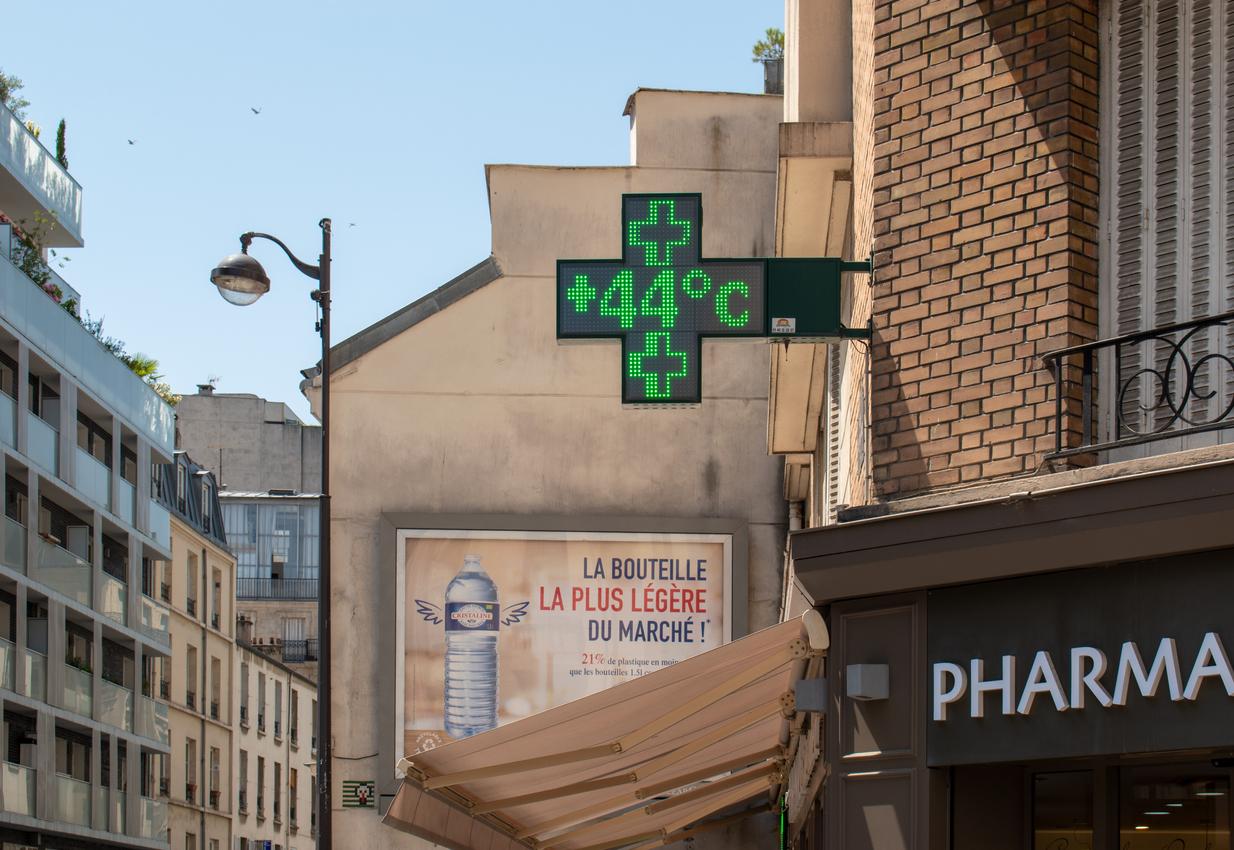This Monday, July 18, 2022, the Ministry of Health posted an alert message on social networks: “excessive water consumption can cause hyponatremia“.
Hyponatremia, kezako? First thing to know: natremia refers to the level of sodium in the blood. Sodium is a mineral salt with the chemical formula Na+: it is involved in the process of regulating the amount of water in the body.
A “normal” sodium level should be between 135 and 145 millimoles per liter of blood (135-145 mmol / L). If it is lower, we speak of hyponatremia; if higher, hypernatremia.
Hyponatremia: it results from over-hydration
Hyponatremia”is the consequence of an excessive intake of water compared to sodium (…) or an excess of salt loss compared to water elimination“specifies the Ministry of Health. Thus, hyponatremia can be the consequence of hyper-hydration – in short: we drink too much water, which leads to a decrease in the level of Na + in the blood.
Hyponatremia can be serious. Thus, as the Ministry of Health points out, the lack of sodium in the blood can be responsible for abnormal fatigue, nausea, vomiting, the formation of oedemas, and even (in the most severe cases) malaise, mental confusion, convulsions or even a coma.
How to prevent hyponatremia? If you are at risk of hyponatremia (i.e.: have cancer, heart or kidney failure, diabetes, are pregnant, or are over 65 ), “consult your doctor to adapt your diets and drug treatments“recommends the Ministry of Health.
During this heat wave, health authorities recommend drinking about 1.5 L of water a day, and consuming hydrating foods (watermelon, melon, tomato, etc.).
Read also :
- Replacing salt with potassium chloride: a false good idea
- Migraines: sodium involved?
- Addicted to salt in your dishes? You could lose years of life, study finds

















